
OR
Opinion
The First 9/11: Unraveling American Duplicity
Published On: January 9, 2024 08:25 AM NPT By: Loknath Sangroula
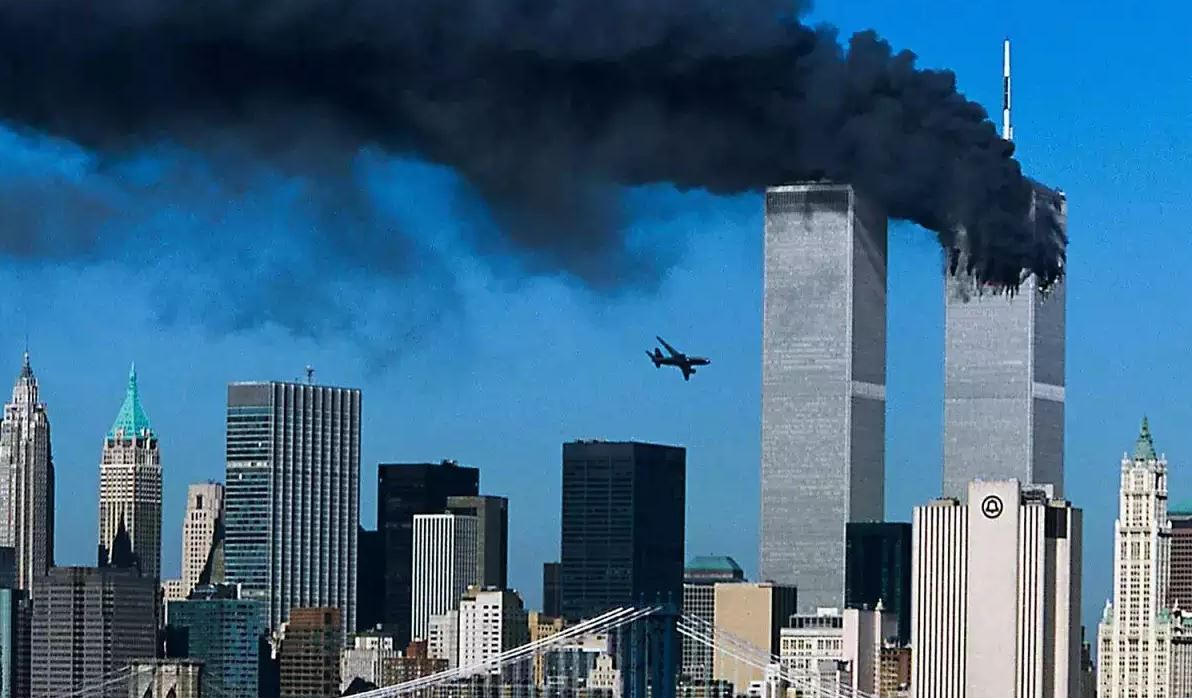
When we first hear the mention of 9/11, what immediately springs to our minds? It's undoubtedly the morning of September 11, 2001, when nineteen terrorists affiliated with al-Qaeda crashed two of the four hijacked planes into the iconic Twin Towers of the World Trade Center in New York City, USA. This haunting imagery comes vividly before our eyes, with the remaining two planes simultaneously targeting the Pentagon in Arlington, Virginia, and a field in Pennsylvania.
The toll of these coordinated attacks was staggering, resulting in the tragic deaths of nearly 3,000 people and causing significant destruction. The profound and far-reaching consequences of 9/11 are etched in history, marked by increased security measures, shifts in US foreign policy, and most notably, the initiation of the global war on terror. It's essential to recognize the historical context, as the 9/11 attacks stand as the second most significant assault on American soil, following the 1941 Pearl Harbor attack during World War II. The impact of 9/11 resonates as a pivotal moment in history, shaping the trajectory of national and global affairs in the years that followed.
However, how many of us are cognizant of the first 9/11 that unfolded about half a century ago in a location more than 8,000 km away from the United States? Perhaps, only a few. On September 15, 1970, USA President Richard Nixon and CIA director Richard Helms convened a clandestine meeting at the White House, a brief session lasting merely 15 minutes. In the handwritten notes, Helms recorded the instructions of Nixon to foment a coup in Chile. The president gave him 48 hours to develop a plan, authorized a minimum budget of $10 million and instructed Helms not to disclose the CIA's involvement in plotting the overthrow of Allende to US Embassy officials (nsarchive.gwu.edu). This meeting occurred in the aftermath of Chilean elections in which Allende secured victory with 36 pc of the votes. Allende, a Marxist, held sympathies towards the USSR at that time, an inclination sufficient to raise the hackles of the US. Essentially, several plans were devised – these included orchestrating a coup in support of the army chief, preventing the parliament or Congress from endorsing Allende's presidency, and deliberately destabilizing the Chilean economy in a manner designed to incite rebellion among the populace.
Following Allende's election, State of Secretary Henry Kissinger became fixated on thwarting his inauguration. The measures included a botched kidnapping attempt of Chilean army chief Rene Schneider engineered by the CIA. As he refused to toe the CIA's line, he was assassinated on October 25, 1970. He would say: "The armed forces are not a road to political power nor an alternative to that power. They exist to guarantee the regular work of the political system and the use of force for any other purpose than its defense constitutes high treason." This is known as Schneider doctrine. The CIA operation in Chile is commonly referred to as "Project FUBELT." On October 27, Allende was elected president by the Congress, despite the CIA's attempt to foil the bid. As the initial plans faltered, the CIA turned to the stratagem of thoroughly destabilizing the economy. The situation became so dire that people were forced to wait in line to purchase a matchbox for an hour. The CIA's covert activities extended to financing Chilean opposition parties, funding the country's right-wing media and backing the 1972 truckers strike that snarled the nation's freight and commerce for months. The right-wing papers were filled with stories highlighting failures of the government.
The CIA had not yet succeeded in its attempts to overthrow the Allende government. It continued employing one deception or trick after another from its playbook. A lieutenant general, who had already been bought off by the CIA, laid siege to the presidential palace La Moneda with tanks, half-tracks, and artillery. But General Carlos Prats, who had succeeded Schneider, put down the revolt. He resigned as army chief on August 23, 1973. Upon assuming power, Allende, who nationalized copper in 1971—previously largely under the control of US corporations—had declared: "With the step that we are going to take, we will break with our dependency. We will be the owners of our own future, the true sovereigns of our own destiny."
Upon Carlos' resignation, General Augusto Pinochet, previously second in command and once deemed loyal to Allende, was appointed the army chief on August 23, 1973. Prats, who died on a Buenos Aires street in a burst of machine-gun fire and a powerful explosion one year later, had personally recommended Allende to appoint Pinochet to the position. Born in 1915, Pinochet, from a middle-class background, joined Chile's Military Academy in 1933, rising through the ranks to eventually become a general. During the 17-year Pinochet dictatorship, over 40,000 faced deaths, torture, disappearance, or imprisonment. Victor Jara, a prominent icon of Latin American music, became a typical case among the 5,000 political prisoners held in a sports stadium. There, he faced interrogation, torture, and a brutal death, with his body discovered days later, bearing 44 bullet wounds. Beyond this tragedy, the singer-guitarist had his fingers crushed by rifle butts and boots. The socialist initiatives of the Allende government were methodically dismantled, transforming Chile into the epicenter of US-driven neoliberal policies.
Barely two weeks into his tenure as the new army chief, Pinochet orchestrated a swift and forceful takeover. On September 11, 1973, Santiago's skies, all of a sudden, filled with military aircraft, soldiers flooded the streets, and access to La Moneda, the presidential palace, was sealed off. The horizon above La Moneda darkened with billowing smoke and raining bombs. This time, the orchestrator was none other than Pinochet, who had assumed army leadership just over a fortnight earlier. Over Radio Magallanes, Allende defiantly declared, "I am not going to resign! I will pay for loyalty to the people with my life. The seeds planted in the good conscience of thousands of Chileans will not be shriveled forever. Long live Chile! Long live the people! Long live the workers! These are my last words, and I am certain that my sacrifice will not be in vain." All this happened with the full, unabashed support of the USA. Cornered with no escape at all, Allende grasped a pistol from his holster and, facing the inevitable, took his own life.
The United States, which never gets tired of lecturing on democracy, human rights and the rule of law around the world, orchestrated perhaps the most destructive interference in Latin America. "You did a great service to the West in overthrowing Allende," Kissinger once said. The US "created the conditions as great as possible," Kissinger had informed Nixon just days before the coup. However, it was not the first of its kind and would not be the last either. Washington engineered a coup to overthrow the democratically elected government in Guatemala in 1954, invaded the Dominican Republic with 24,000 troops in 1965, and made countless attempts on the life of Cuba's Fidel Castro. Fifty years after Allende's demise and 200 years after the first articulation of the Monroe Doctrine, the threat of US interference continues to loom large not only over Latin America but also over anywhere it perceives its interests as being threatened or compromised. The US has apparently veered off course in its pursuit of the war against terrorism.
Noam Chomsky, a world-renowned scholar and outspoken critic of US foreign policy, highlights in "Who Rules the World" that Henry Kissinger viewed independent nationalism as a “virus” – a parliamentary path toward some kind of socialist democracy – threatening to spread contagion. The way to deal with such a threat was often to destroy this perceived threat and establish murderous national-security states, as seen in the case of Chile. Chomsky notes that the thinking held, and still holds, worldwide. In the Middle East, concerns about secular nationalism led British and U.S. planners to support radical Islamic fundamentalism as a countermeasure.
The first 9/11 showcased a blatant, unabashed, and naked display of American duplicity. However, nearly thirty years later, it received a taste of its own medicine when the iconic Twin Towers were blown up on its own soil. This serves as a stark and haunting reminder that even the most powerful nations are not immune to terrorism they often try to "combat". While no rational mind would endorse such acts of violence, the chilling experience provided the US with firsthand insight into the profound impact, and emotional and psychological toll of terrorism – a clear case of how it feels to be terrorized.
You May Like This
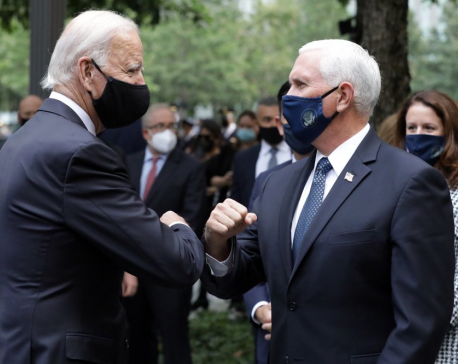
US remembers 9/11 as pandemic changes tribute traditions
NEW YORK, Sept 11: Americans commemorated 9/11 Friday as a new national crisis — the coronavirus pandemic — reconfigured and... Read More...

Ilyas, Maqsood decimate US to finish unbeaten
KATHMANDU, Feb 11: All-rounder Aqib Ilyas and captain Zeeshan Maqsood produced top-notch all-round performances to help Oman national cricket team... Read More...

Twin Towers chief engineer opens up on design failures, post-9/11 trauma
WASHINGTON DC, Oct 14: Leslie Robertson, the lead structural engineer of the World Trade Center's infamous Twin Towers, was haunted... Read More...
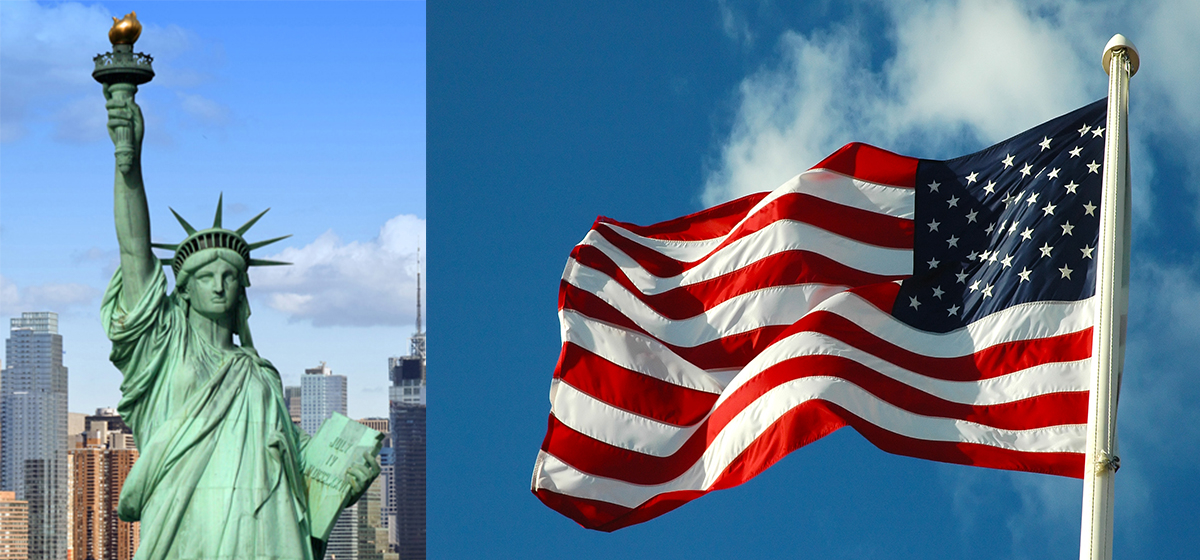

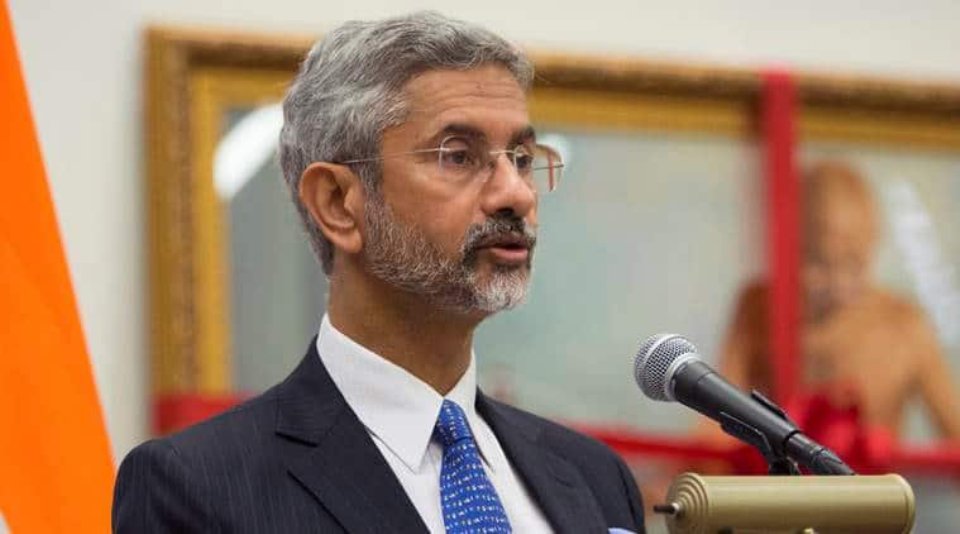

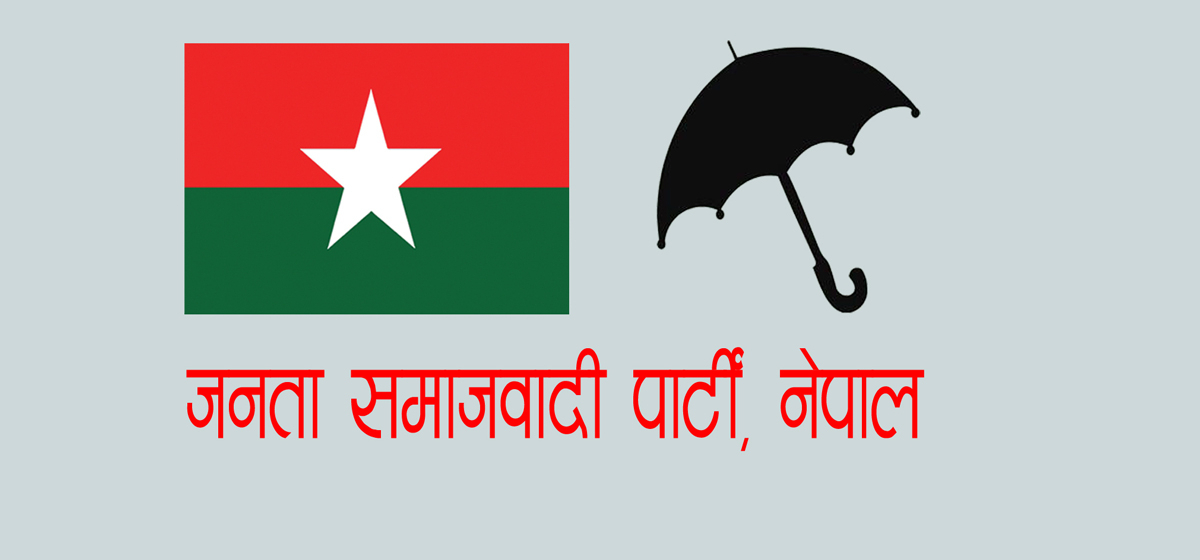
Just In
- Table tennis Olympics qualification being held for first time in Nepal
- Kathmandu's air quality slightly improves but still unhealthy
- Newari, Tamang to be used as official languages in Bagmati Province
- KMC's skill fair gets 10,000 plus applications for vocational training
- NEPSE plunges 24.58 points, daily turnover falls to Rs 3.79 billion
- Shree Airlines to expand services, offering twice daily Kathmandu-Surkhet flights
- Shift in Nepal’s healthcare trend: 58 percent of women in dentistry
- JSP splits, seven lawmakers to register new party



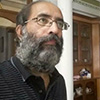
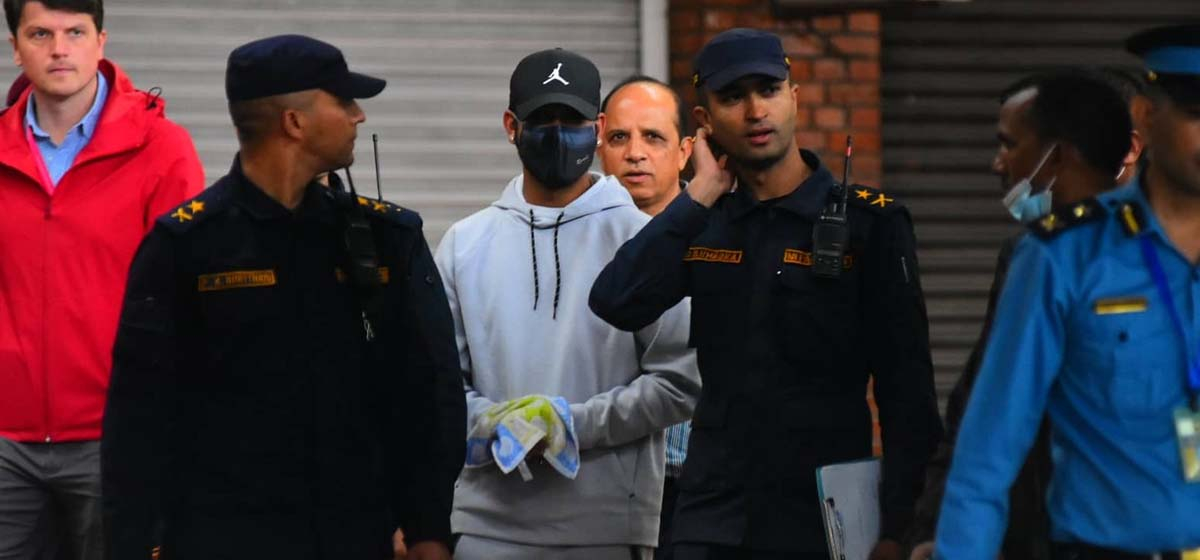
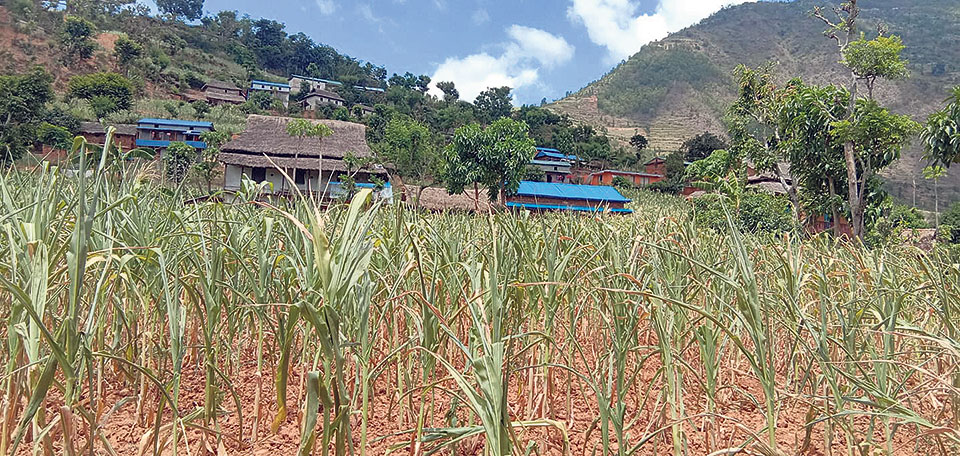

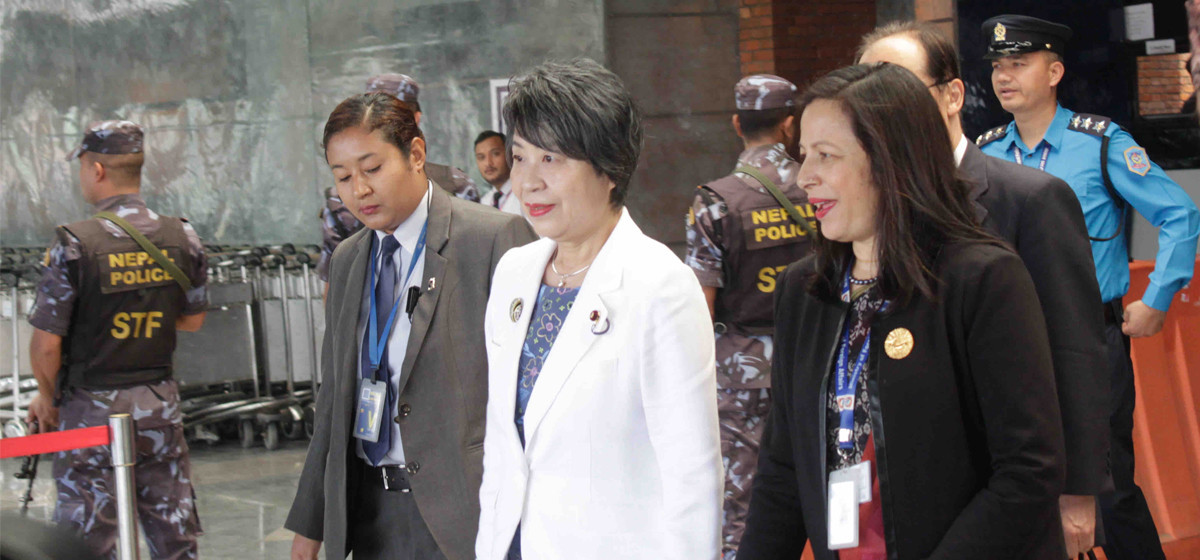
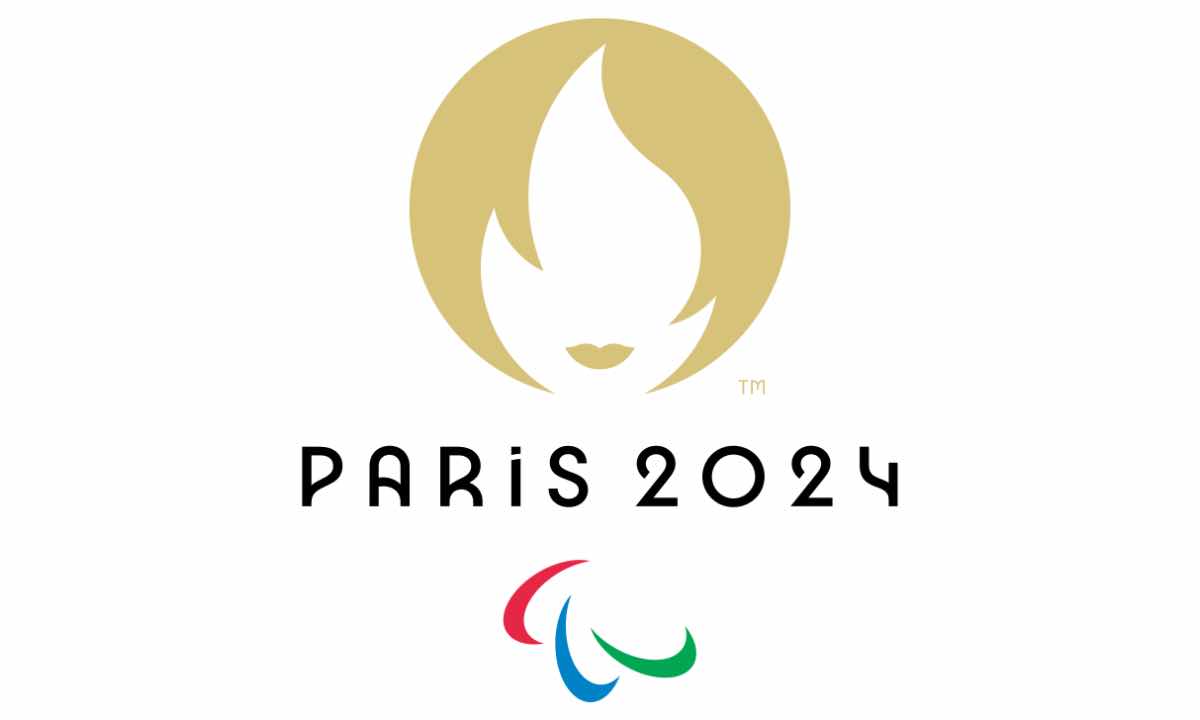
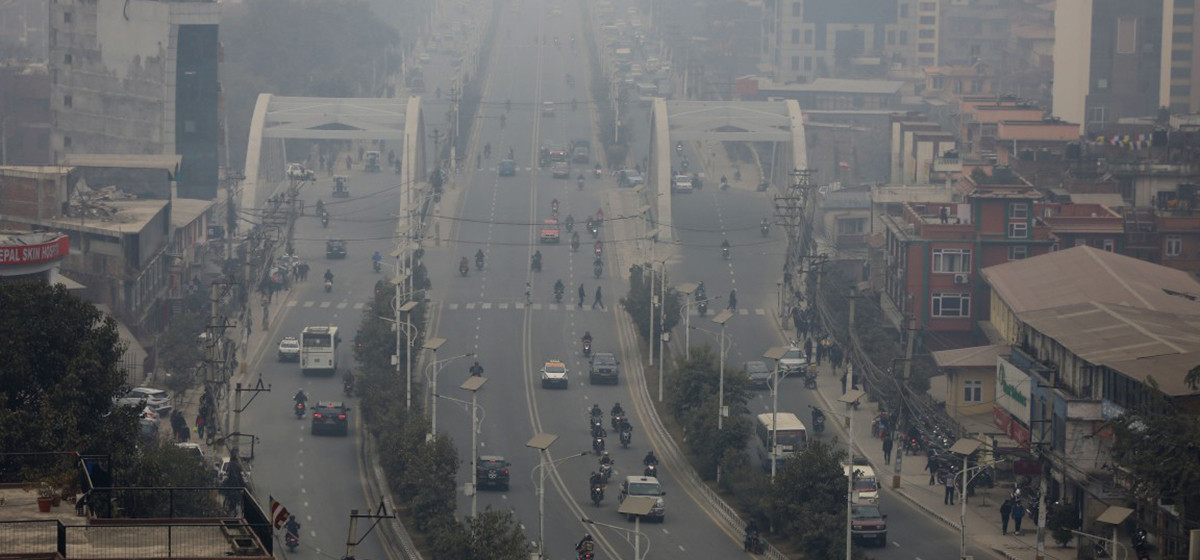
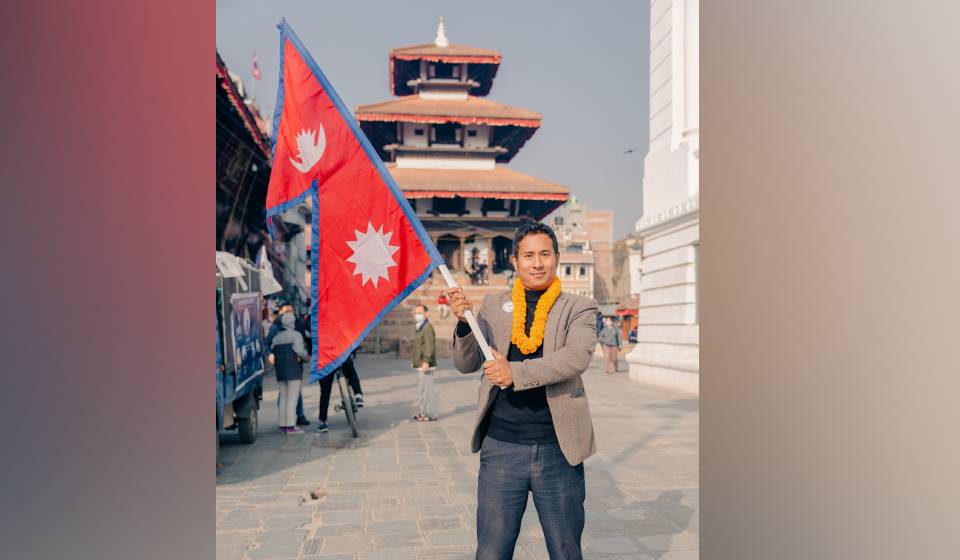
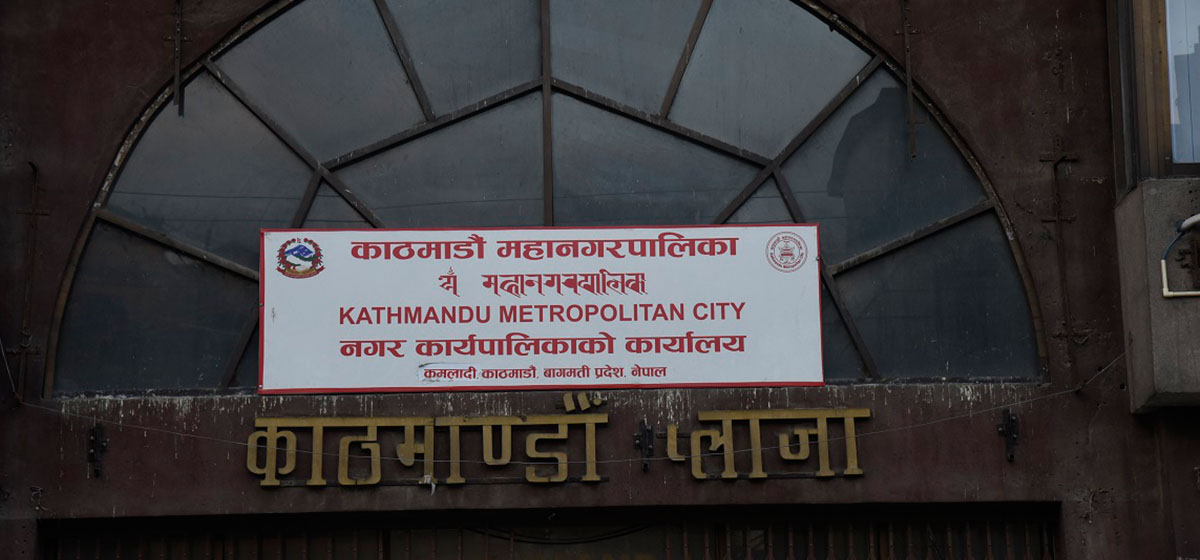



Leave A Comment